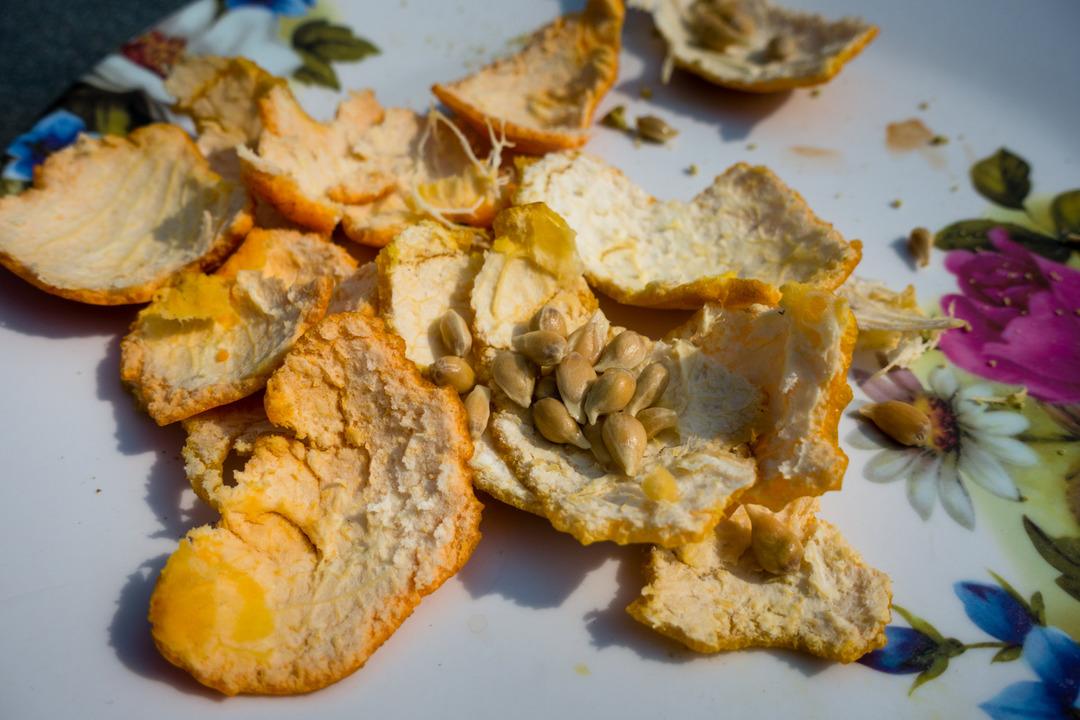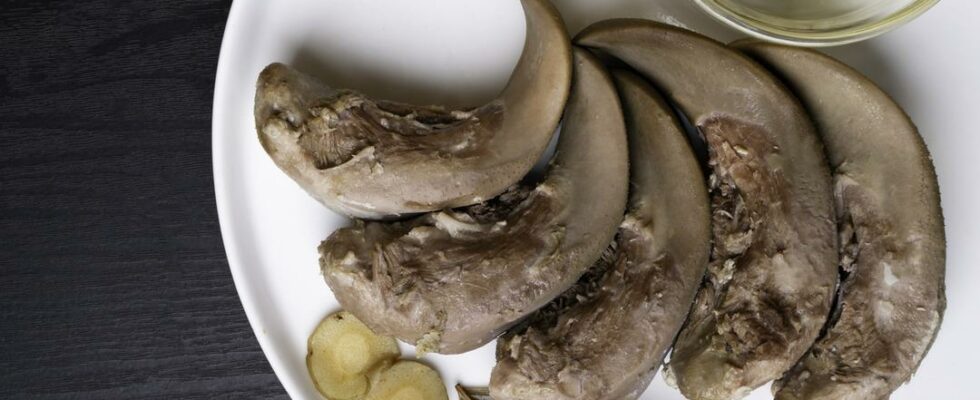Acıbadem Adana Hospital Specialist Dietitian Çisem Gündüz recommended adding more fiber and fermented foods to meals, as they contribute to better health and mood by helping the intestinal microbiome and help maintain healthy digestion.
“IT PLAYS A ROLE IN MANY IMPORTANT FUNCTIONS”
Stating that the intestinal microbiome consists of bacteria, viruses, fungi and other microorganisms living in the colon, that is, the large intestine, Dietitian Gündüz said, “What you eat, the air you breathe, where you live and many other factors affect the structure of the intestinal microbiome. Some experts consider it a hidden organ because it plays a role in many important functions of the body. “For example, these functions include helping the immune system function optimally, reducing chronic inflammation, keeping intestinal cells healthy and providing some essential micronutrients that may not be included in a regular diet,” he said.
Pointing out that the gut communicates with the brain through pathways in the gut-brain axis, Gündüz stated that changes in the gut microbiome are associated with mood and mental health disorders such as depression and anxiety, but it is not clear whether these changes directly cause such problems.
“THE MAIN FUNCTION OF FIBER IS TO SOFTEN THE STOOL”
Stating that a healthy diet, where processed foods are minimized, is the key to a healthy intestinal microbiome, Gündüz stated that fiber and fermented foods can play important roles here. Dietitian Gündüz explains that the main function of fiber is to soften the stool and add volume, making digestion smoother and allowing it to pass through the intestines quickly. “However, fiber also has other benefits for your microbiome and general health. A high-fiber diet helps keep body weight under control and lowers LDL (bad) cholesterol levels. “Research has found that consuming enough fiber reduces the risk of heart disease, type 2 diabetes and some cancers,” he said.
“THE AMOUNT OF FIBER IS IMPORTANT RATHER THAN THE TYPE OF FIBER”
Saying that there are two types of fiber, Dietician Gündüz stated that insoluble fiber helps you feel full and encourages regular bowel movements, and soluble fiber helps reduce cholesterol and blood sugar. However, he added that according to recent research, it is necessary to focus on the total amount of fiber in the diet rather than the type of fiber.

14 GRAMS PER THOUSAND CALORIES
Dietitian Gündüz emphasized that the fiber formula is very simple and that it is necessary to take 14 grams of fiber for every thousand calories consumed, and gave the following information about the amount of fiber in foods:
“Each food has a different amount of fiber. For example, a medium-sized banana contains about 3 grams of fiber, while a bowl of oats contains 16.5 grams of fiber. While 1 plate of spinach contains 2.5 g, one medium-sized tomato contains 15 g. “A medium-sized artichoke contains 7 grams of fiber, a bowl of broccoli contains 2.5 grams of fiber, and a bowl of carrots contains 3.5 grams of fiber.”
“CALORIE INTAKE DEPENDS ON PHYSICAL ACTIVITY”
Dietitian Gündüz reminded that daily calorie intake may vary depending on the level of physical activity and told people who are trying to add more foods containing fiber to their diet:
“Make sure you gradually ease into new fiber-rich habits and drink plenty of water. Your digestive system must adapt slowly to prevent gas, bloating, diarrhea, and stomach cramps caused by eating too much and too soon. “Your body will gradually adapt to the increased fiber over a week or so.”
(UAV)
